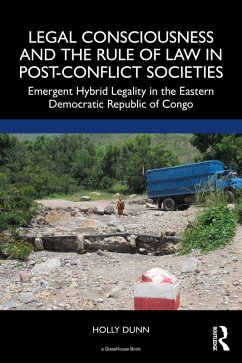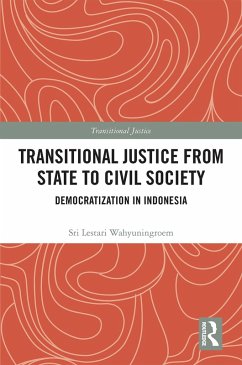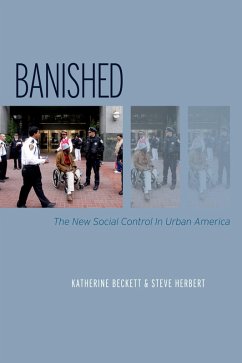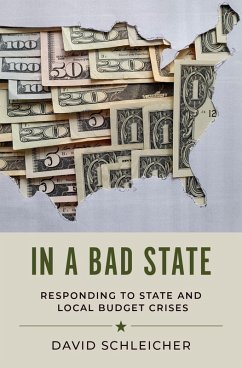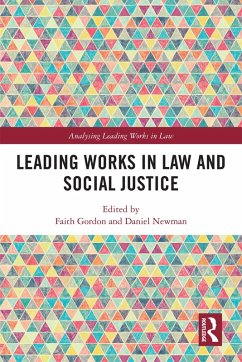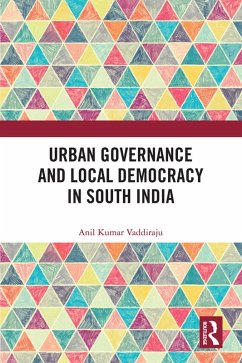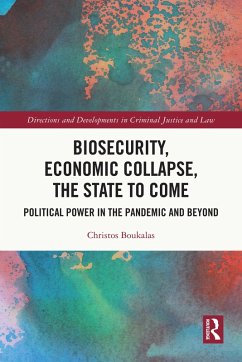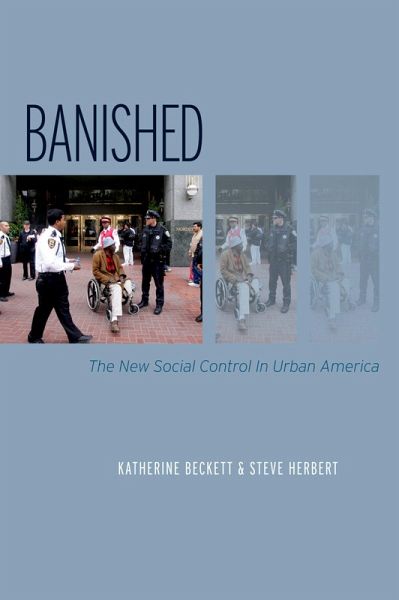
Banished (eBook, ePUB)
The New Social Control In Urban America
Versandkostenfrei!
Sofort per Download lieferbar
13,95 €
inkl. MwSt.
Weitere Ausgaben:

PAYBACK Punkte
7 °P sammeln!
With urban poverty rising and affordable housing disappearing, the homeless and other "disorderly" people continue to occupy public space in many American cities. Concerned about the alleged ill effects their presence inflicts on property values and public safety, many cities have wholeheartedly embraced "zero-tolerance" or "broken window" policing efforts to clear the streets of unwanted people. Through an almost completely unnoticed set of practices, these people are banned from occupying certain spaces. Once zoned out, they are subject to arrest if they return-effectively banished from publ...
With urban poverty rising and affordable housing disappearing, the homeless and other "disorderly" people continue to occupy public space in many American cities. Concerned about the alleged ill effects their presence inflicts on property values and public safety, many cities have wholeheartedly embraced "zero-tolerance" or "broken window" policing efforts to clear the streets of unwanted people. Through an almost completely unnoticed set of practices, these people are banned from occupying certain spaces. Once zoned out, they are subject to arrest if they return-effectively banished from public places. Banished is the first exploration of these new tactics that dramatically enhance the power of the police to monitor and arrest thousands of city dwellers. Drawing upon an extensive body of data, the authors chart the rise of banishment in Seattle, a city on the leading edge of this emerging trend, to establish how it works and explore its ramifications. They demonstrate that, although the practice allows police and public officials to appear responsive to concerns about urban disorder, it is a highly questionable policy: it is expensive, does not reduce crime, and does not address the underlying conditions that generate urban poverty. Moreover, interviews with the banished themselves reveal that exclusion makes their lives and their path to self-sufficiency immeasurably more difficult. At a time when more and more cities and governments in the U.S. and Europe resort to the criminal justice system to solve complex social problems, Banished provides a vital and timely challenge to exclusionary strategies that diminish the life circumstances and rights of those it targets.
Dieser Download kann aus rechtlichen Gründen nur mit Rechnungsadresse in A, B, BG, CY, CZ, D, DK, EW, E, FIN, F, GR, HR, H, IRL, I, LT, L, LR, M, NL, PL, P, R, S, SLO, SK ausgeliefert werden.





